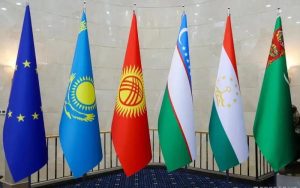Over the past three years, Uzbekistan has sold state assets worth UZS 47 trillion ($3.6bn)—30 times more than in the previous decade—leading to a 50% reduction in state-owned enterprises and a 13% decline in the state’s share in the economy. The efficiency of privatized property has also improved significantly.
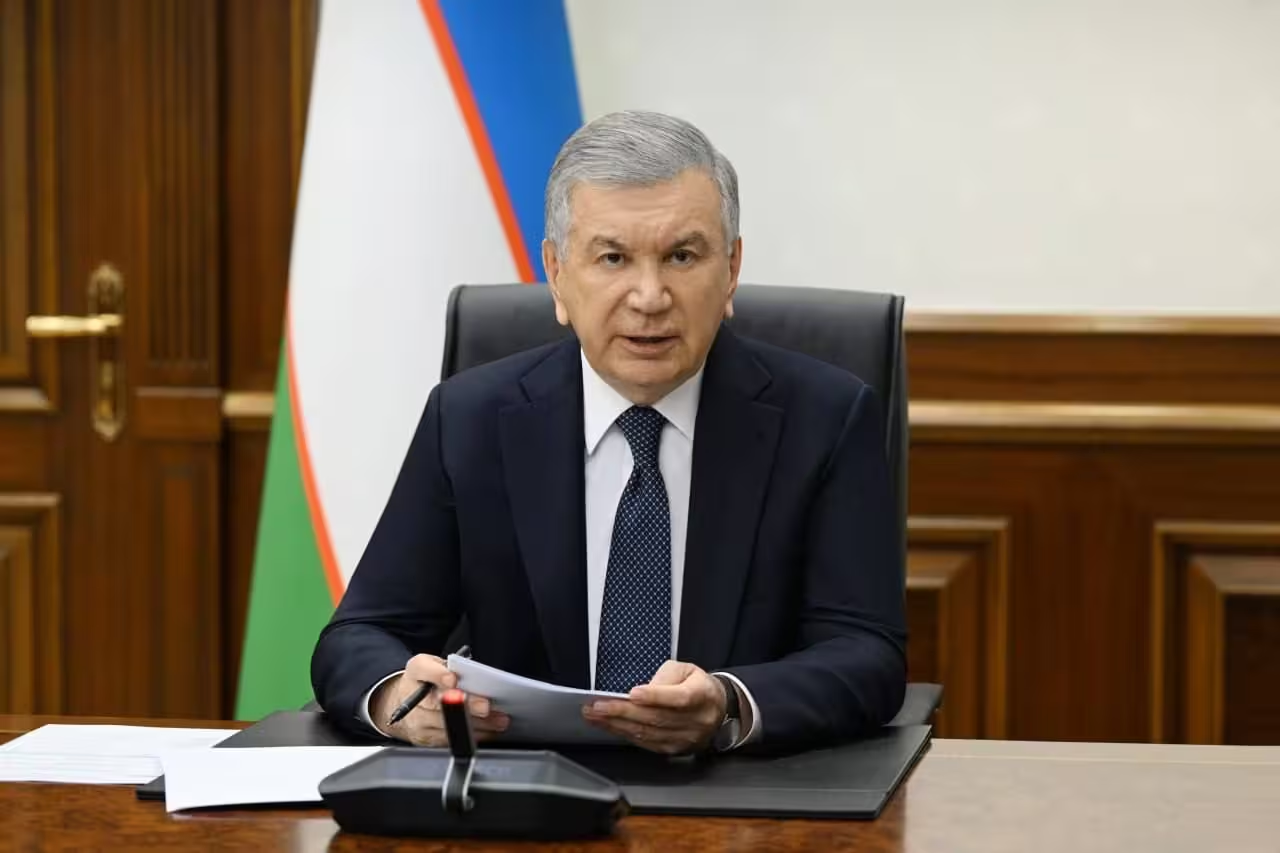
On March 27, President Shavkat Mirziyoyev chaired an expanded meeting to discuss Uzbekistan’s privatization priorities for the year, emphasizing the need for greater efficiency in utilizing state assets and boosting economic growth.
Initially, privatization efforts focused on small enterprises, but recent sales have included major assets such as the Kungrad Soda Plant, Foton, Temiryo’lkonteyner, and the International and Lotte hotels. Last November, Uzbekistan held its first “people’s IPO,” selling over 3mn shares of the Commodity Exchange to 11,000 public shareholders.
Despite these achievements, challenges remain. The meeting highlighted delays in converting vacant land into economic assets and in selling auctioned properties. Issues include:
- 1,500 hectares of unsold land due to inadequate infrastructure planning.
- 4,000 land plots pending auction due to slow negotiations.
- 243 state properties not transferred for privatization in 2024 as required.
- Major enterprises lagging in financial transparency, including Uzavtosanoat, Uzbekneftegaz, and Uzbekistan Railways, which have yet to obtain credit ratings or transition to international financial reporting standards.
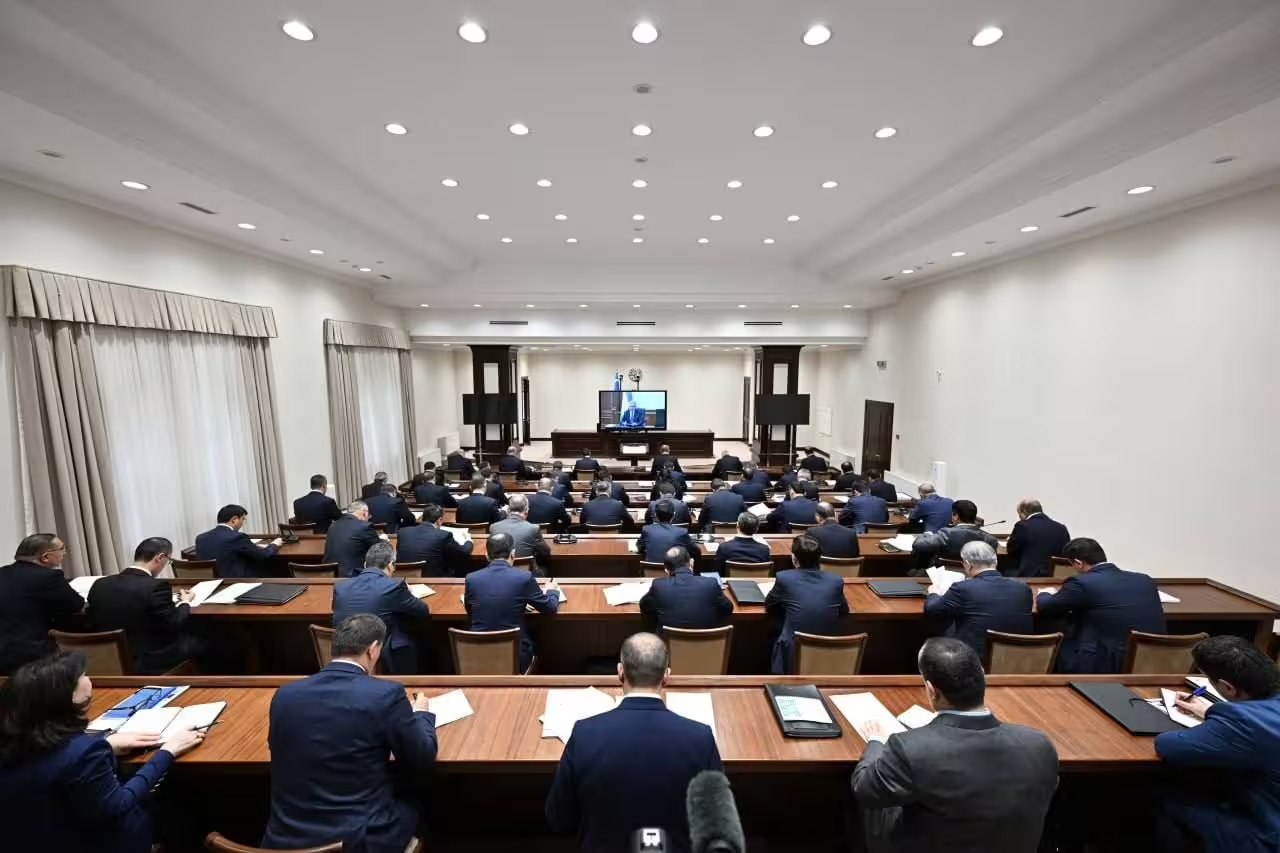
To accelerate privatization, new targets have been set:
- Selling state property worth UZS 30 trillion ($2.3bn), generating at least UZS 10 trillion ($772mn) in budget revenue.
- Privatizing state shares in 116 enterprises and 581 real estate properties.
- Auctioning 6,100 hectares of land, aiming for UZS 6 trillion ($463mn) in sales.
- Offering 300 mines and fields for private investment, with expected revenue of UZS 500bn ($39mn).
These measures aim to attract new investments, create thousands of jobs, and further integrate Uzbekistan into international markets.
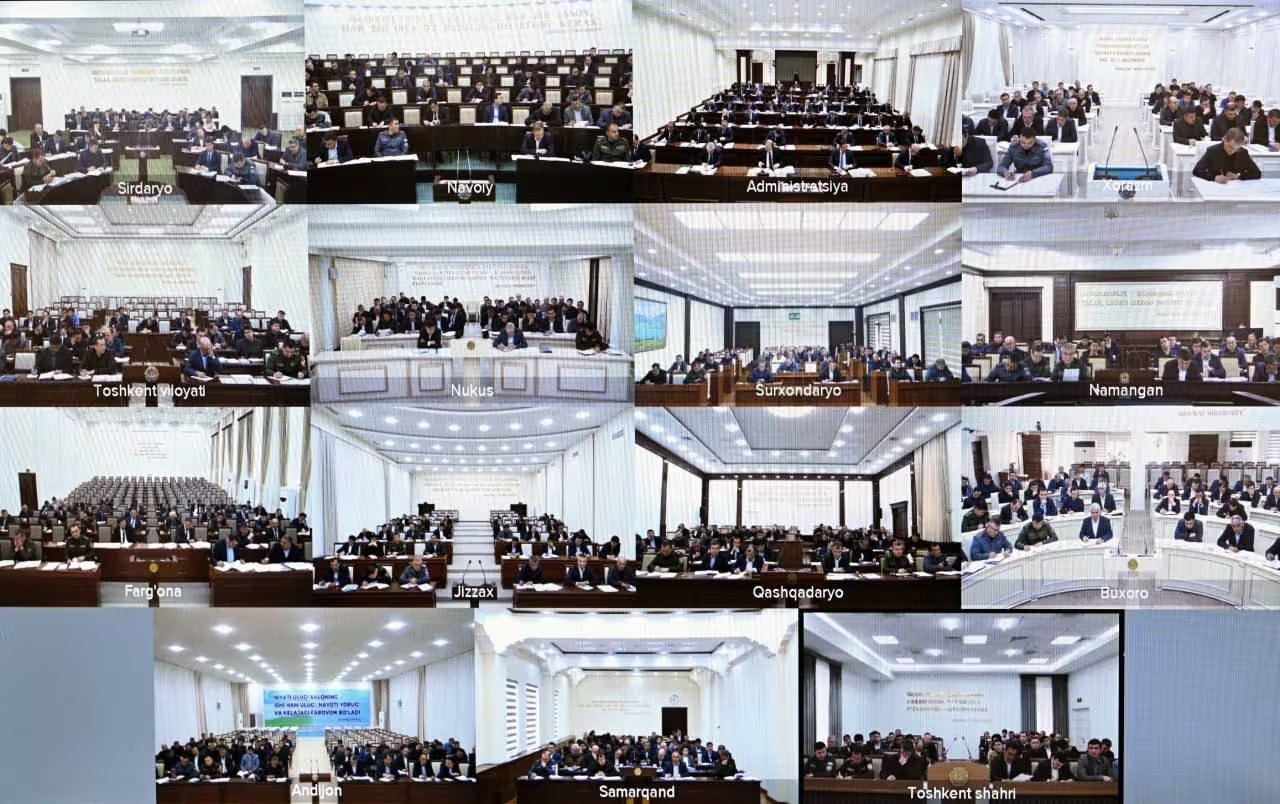
Several policy changes were introduced to facilitate privatization:
- Direct sales to long-term tenants: Entrepreneurs renting state property for at least five years can now purchase it directly. This applies to 632 properties, potentially generating UZS 2 trillion ($155mn) in revenue.
- Discounts for unsold cotton industry assets: The starting price of 131 unsold properties will be cut by 50%, with installment payment options of up to three years.
- Market privatization reform: Local governments currently own at least 51% of the country’s 537 markets and shopping complexes. This requirement will be abolished, providing more opportunities for private investment.
- Land sale expansion: Small, unsold land plots will be combined and re-auctioned to attract buyers.
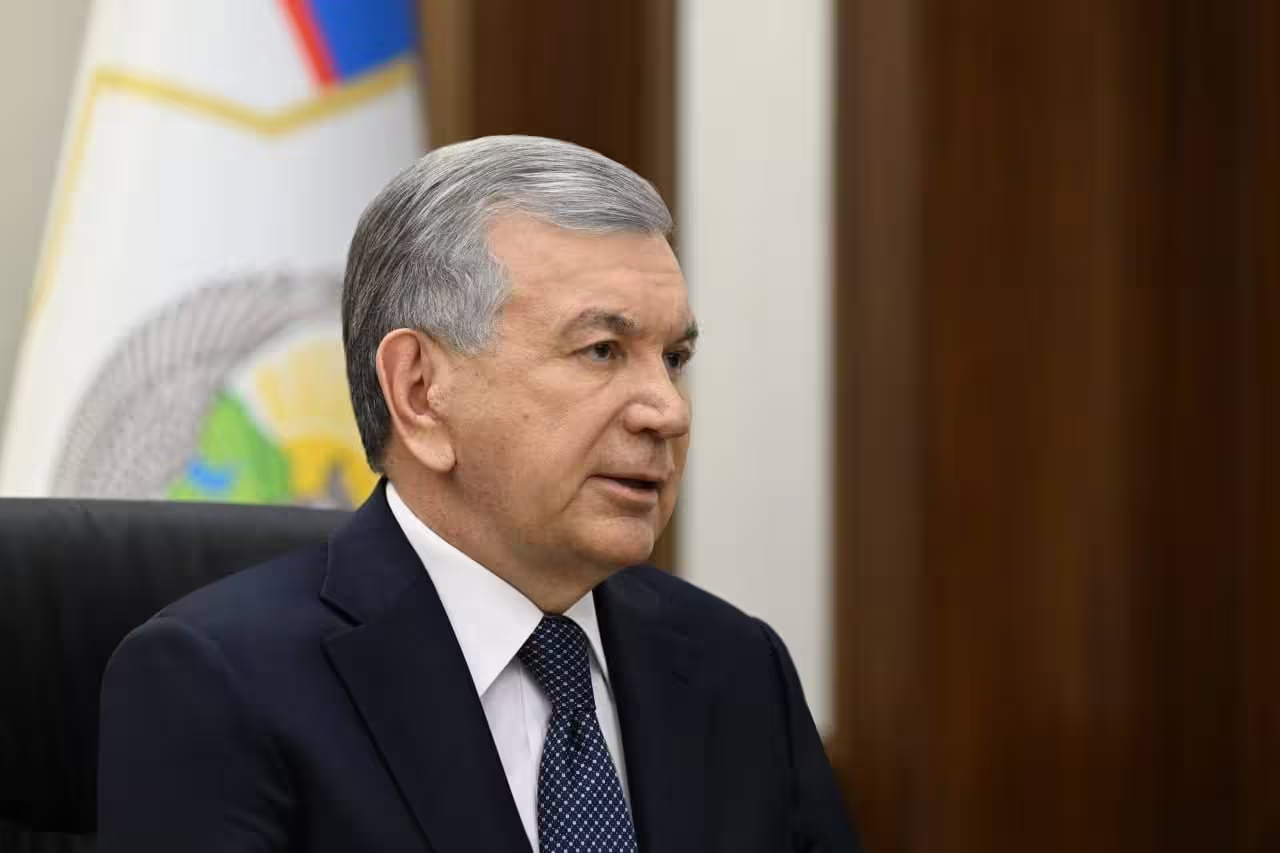
Efforts to bring state-owned enterprises to international markets will continue. In 2025, 28 large enterprises will be listed internationally, with 10 more planned for 2026. The Prime Minister has been tasked with developing a monthly-reviewed roadmap to oversee progress.
Tashkent’s successful land privatization model will be expanded nationwide. Last year, the city generated UZS 60bn ($4.6mn) from selling 118 hectares of land under buildings—five times more than in 2022. The system will now be adopted in all regional centers and, by next year, in districts.
President Mirziyoyev emphasized the importance of resolving systemic inefficiencies and ensuring a transparent, investor-friendly privatization process. Ministers, sector leaders, and regional governors provided updates on their respective responsibilities.



